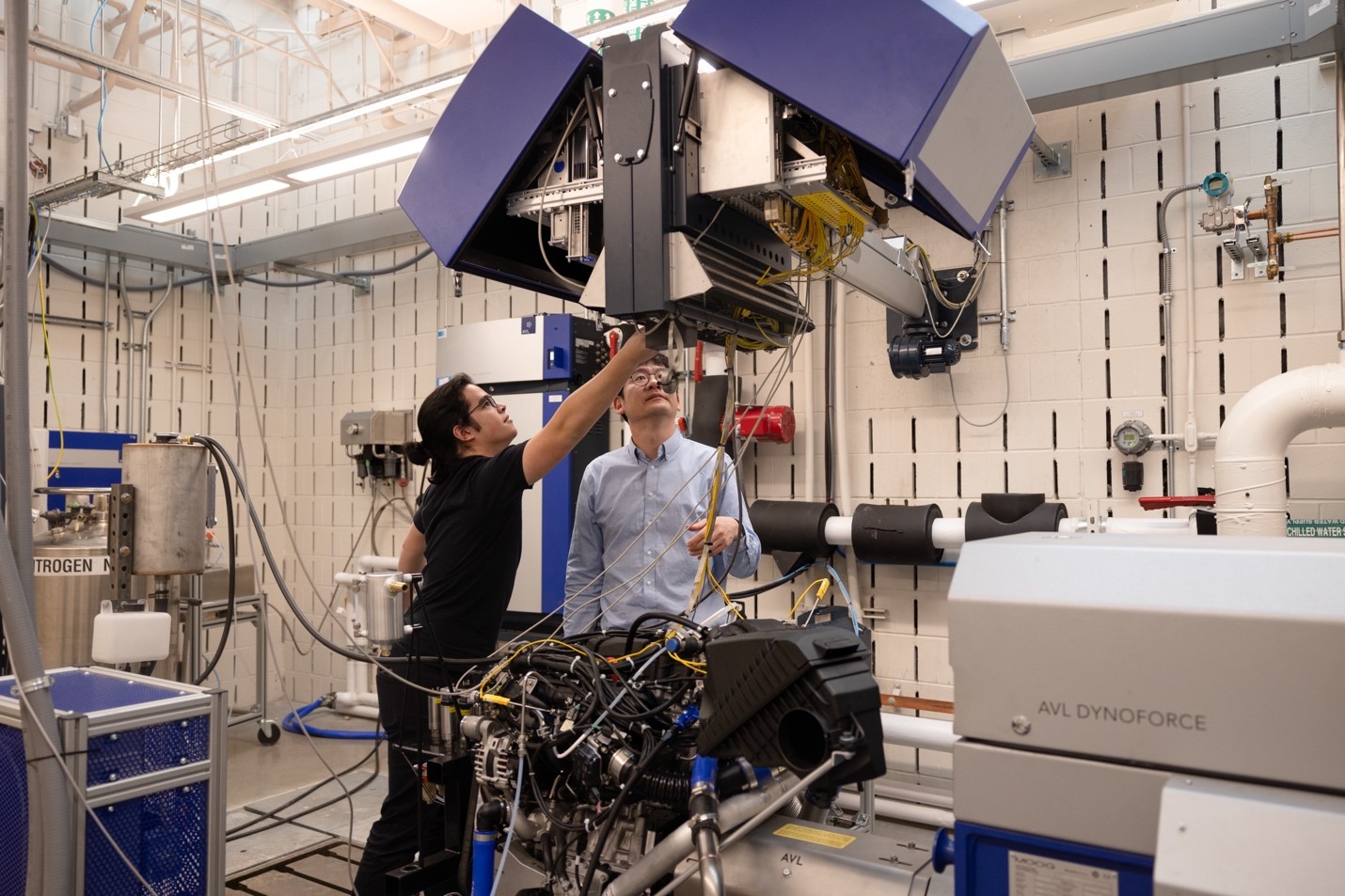 Michigan Employs the Most Mechanical Engineers
Michigan Employs the Most Mechanical Engineers
Mechanical engineering isn’t just related to mechanical devices like engines and machine parts. Modern mechanical engineers are designers who create physical systems of all types and ensure that technology solutions are effective, reliable, and safe. If you’d like to join this booming field, a bachelor’s degree in mechanical engineering from UM-Dearborn will provide the knowledge and skills you need to excel.
More mechanical engineers are employed in Michigan than in any other state: 32,580 in May 2023. Michigan will have an average of 2,920 job openings for mechanical engineers every year through 2030, according to projections by the U.S. Bureau of Labor Statistics. Those numbers, along with the 10 percent nationwide growth in mechanical engineering jobs projected through 2032, translate into opportunities for you.
Want to expand your job opportunities even more? Consider pursuing dual BSE degrees in bioengineering and mechanical engineering or mechanical and manufacturing engineering, earning two degrees at the same time. The dual degrees require 143 credits–just 15 more than either degree requires alone.
Where a Mechanical Engineering Degree Will Take You
Mechanical engineers play crucial roles in a variety of industries: automotive, aerospace, energy, microchip manufacturing, biomedical devices, and many more. Recent mechanical engineering graduates from the University of Michigan-Dearborn have found professional employment in such prestigious companies as Boeing, Bosch, DTE Energy, General Motors, Ford, Magna, Mahle, Microsoft, Nissan, Space X, Stellantis, Tesla, Terumo, Toyota, U.S. Army GVSC, among others.
Your undergraduate program also is excellent preparation to pursue a graduate degree, such as the master’s degree in mechanical engineering we offer at UM-Dearborn.

